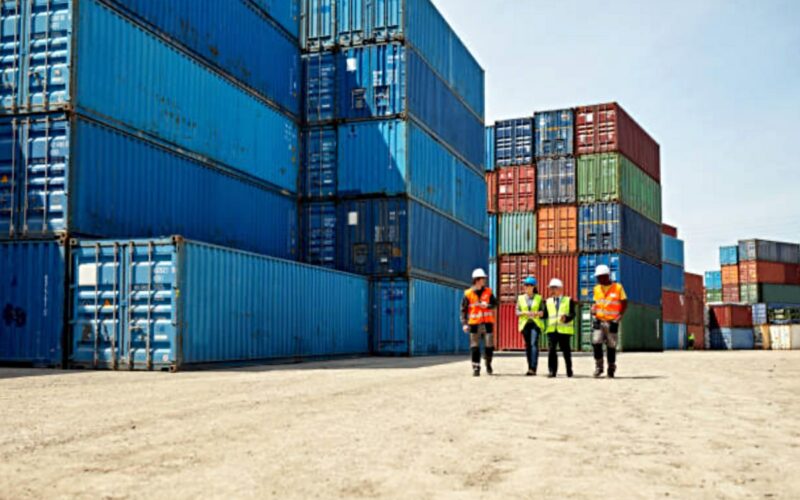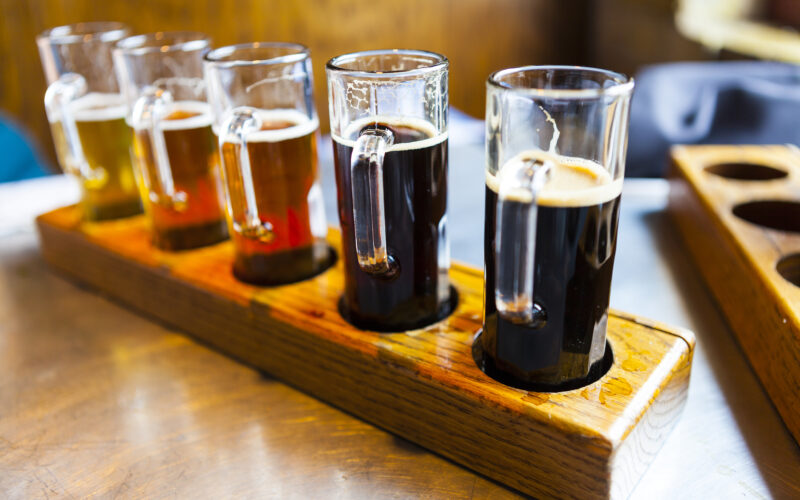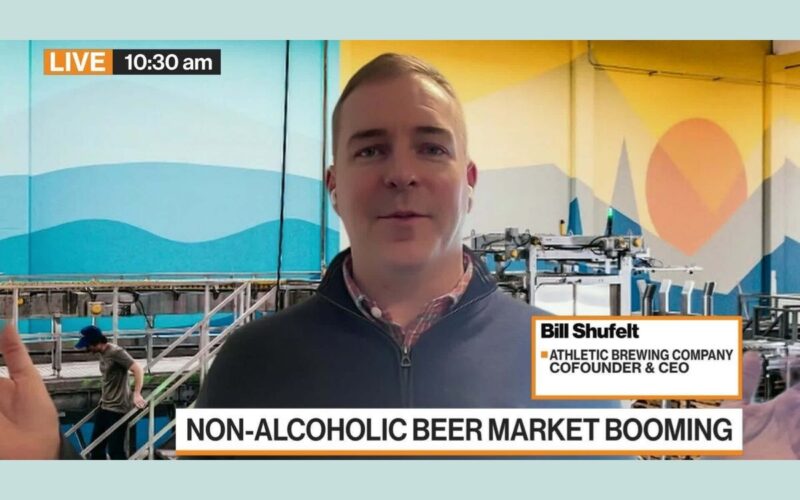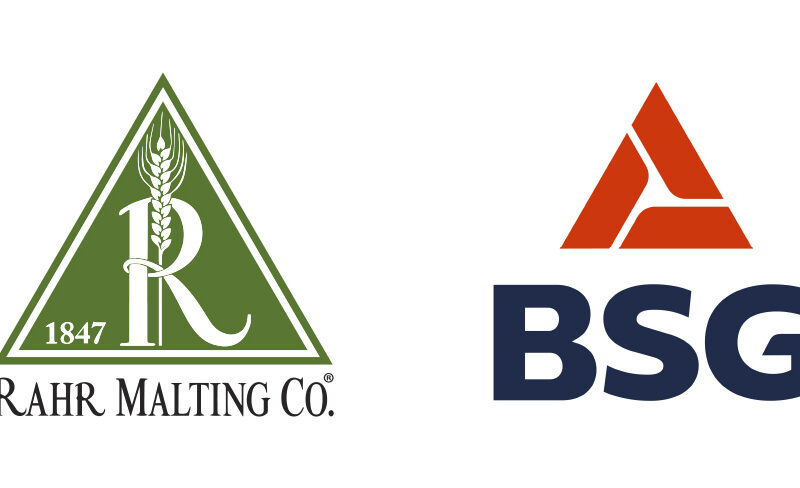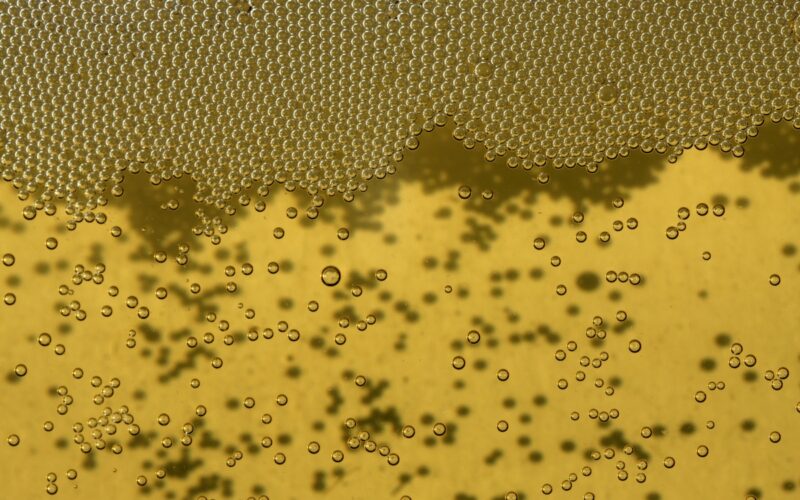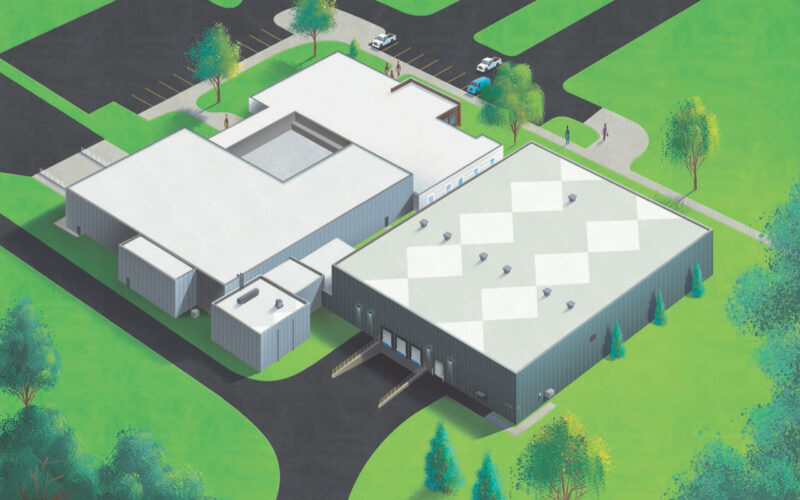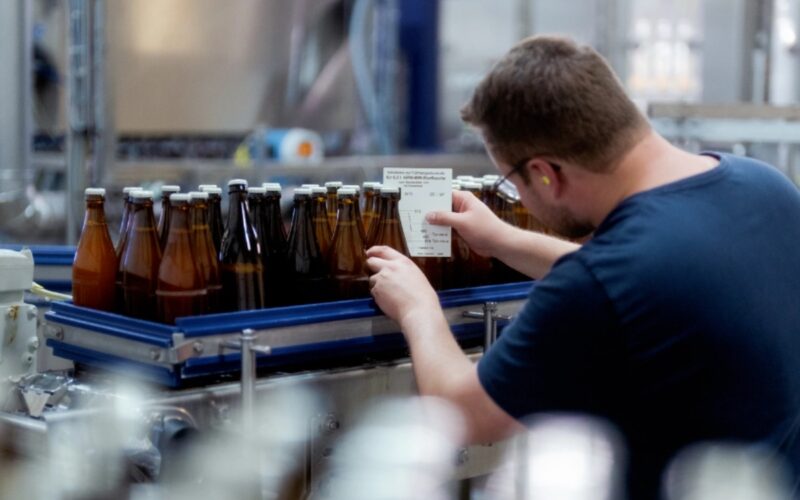Beer’s Biggest Import Markets
In terms of beer, a select few nations are the world’s leading import markets. These countries are able to satiate their consumers’ need for this well-liked beverage not just because of their strong domestic beer markets, but also because of their powerful import markets. IndexBox will examine the top beer import markets globally in its…
Read More
